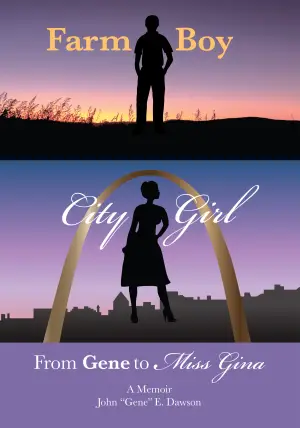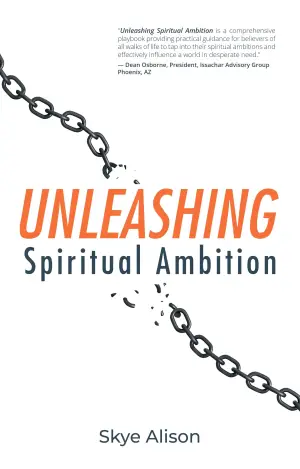Finding Humanity in the Streets: A Review of Rough Sleepers by Tracy Kidder
I stumbled upon Rough Sleepers almost by accident, propelled by a longstanding admiration for Dr. Jim O’Connell, the book’s central figure. My mom first introduced me to O’Connell during my high school days, and he’s remained one of those rare people who shine with genuine compassion. So when my mom sent me this book last fall, I felt an immediate connection—not just to O’Connell, but to the complex tapestry of stories surrounding homelessness.
Right from the outset, Kidder pulls us into a world often shrouded in misunderstanding. He expertly weaves the narrative around the life of Tony Columbo, a fixture in Boston’s homeless community, revealing deeply personal stories that challenge preconceived notions about homelessness. As I read, I couldn’t help but reflect on my own encounters with people like Jason, Lewis, and others who have lived on the margins. By focusing on Tony’s life instead of writing a simple hagiography about O’Connell, Kidder allows us to see the nuanced reality of homelessness, breaking it free from a vague abyss into a vivid, tangible existence.
Kidder’s writing style is unique—often meandering rather than strictly linear. At times, I found myself yearning for a bit more organization, yet I recognized that this very quality echoed the chaos of the lives he was depicting. It felt fitting, almost like a dance around the complexities and challenges of each person’s story, rather than a rigid march to a conclusive end. In doing so, Kidder brings to light the loneliness that often drives these narratives. As he poignantly notes, “I started to think that loneliness is really what drives much of what goes on in our world.” This sentiment is not just a statement; it’s a call to reflection—both for the reader and for those who encounter the homeless in everyday life.
The quotes I found most striking gave voice to an unspeakable pain and longing. O’Connell’s decision to hold a photograph for a woman’s daughters who may never come looking for her showcases the stark emotional reality of homelessness. It’s a powerful moment that left me contemplating the people we often overlook. This book isn’t simply about facts; it’s about hearts, memories, and the relationships that bind us—no matter how fragile.
Ultimately, Rough Sleepers is more than just a book about homelessness; it’s a necessary reminder to cultivate empathy in our increasingly busy lives. I’ve noticed a tendency in myself to become more callous as I navigate my day-to-day existence, and Kidder’s reflections push against that inertia. The stories within these pages invite us to see individuals, not statistics, evoking a need for connection in a world that often feels disconnected.
I genuinely recommend Rough Sleepers to anyone interested in social issues, human rights, or simply looking for an inspiring read. It challenges us to push past our own barriers of understanding and to confront the painful reality of loneliness that underpins so many lives. This book might just remind you to look up and see the humanity around you, ensuring that you won’t forget those stories. In a world where so many seem lost, O’Connell’s work—and Kidder’s thoughtful portrayal of it—serve as a beacon of hope and connection.






